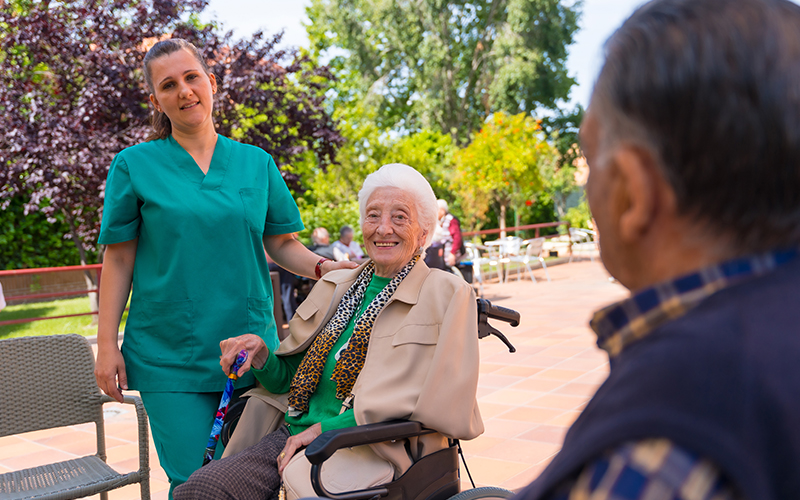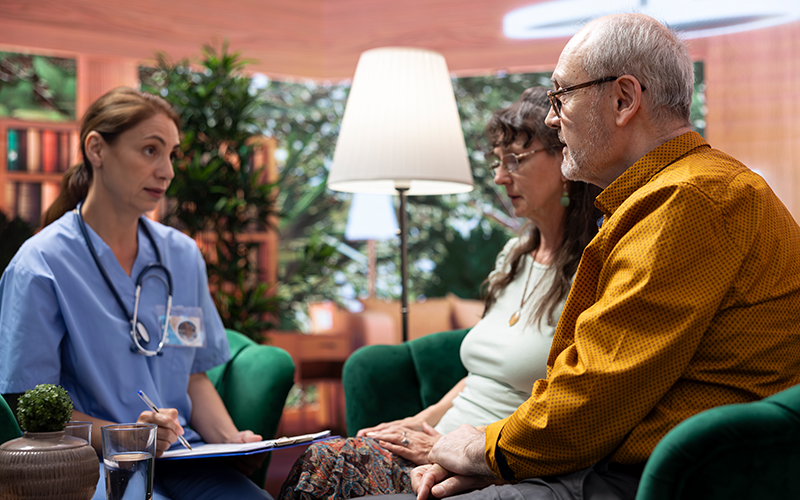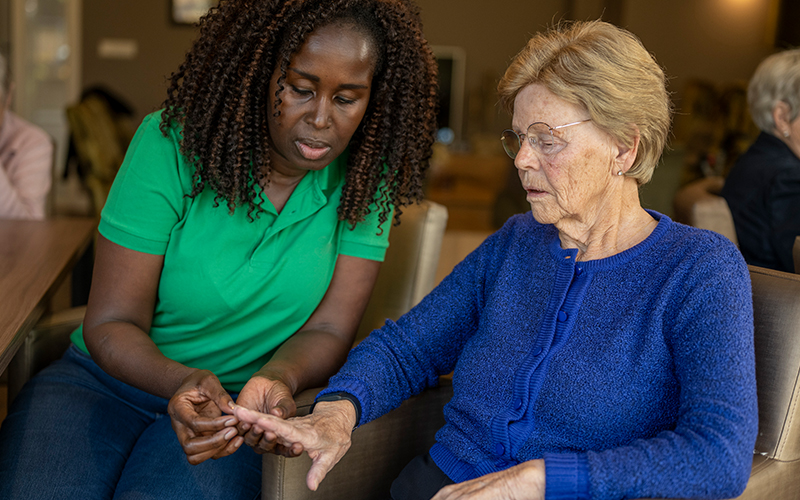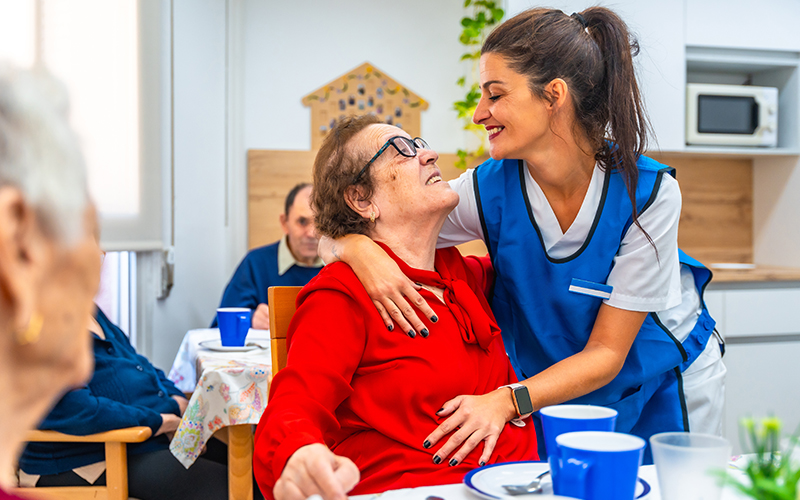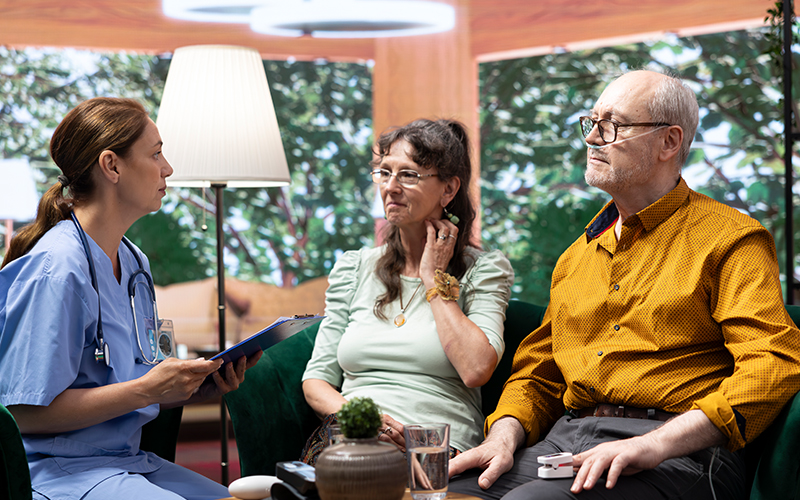Monitoring Medications in Dementia Care Home Residents
Dementia medication monitoring Durham plays a key role in the high-quality care provided at Stockton Lodge & Denehurst Nursing Homes County Durham. Many residents living with dementia take multiple medications. These are used to manage symptoms such as memory loss, mood changes, and anxiety. Without regular checks, these medications could cause harmful side effects or interact negatively.
Our carers take a hands-on, proactive approach. They don’t just follow a schedule — they observe each resident’s reactions carefully. This allows us to spot problems early, make quick adjustments, and support wellbeing at every stage.
Why medication monitoring must be proactive
Residents with dementia may not always be able to explain how they feel. Symptoms like confusion, agitation, or sleep issues might signal a medication problem. That’s why we don’t wait for complaints. Instead, we watch for changes in mood, appetite, sleep, or energy levels.
If a resident becomes drowsy or more withdrawn after starting a new medication, our team takes action. We document everything and speak with the healthcare team quickly. Even small changes can have a big impact, and we don’t ignore them.
Regular note-taking helps doctors and nurses understand how the resident is responding. We share detailed updates that help guide decisions during reviews.
We collaborate with healthcare professionals
Our nursing staff work closely with GPs, pharmacists, and mental health specialists. We don’t prescribe medications ourselves, but we provide valuable feedback about how the resident is doing. If we see something concerning, we request a review.
Some medications, like those used for behaviour or sleep, carry higher risks. Our team tracks these carefully. We support reducing or stopping them where safe and possible.
This partnership helps ensure every medication continues to be necessary, helpful, and at the lowest safe dose.
Keeping families informed and involved
Relatives want to understand what their loved one is taking and why. We always take time to explain medications in simple, clear language. If anything changes, families are the first to know.
We also listen to their concerns. If a relative is worried about side effects or overuse, we involve the care team and discuss alternatives. When families feel included, they trust the process and remain confident in the care we deliver.
Open communication builds stronger relationships. It also gives us important context that helps shape better care decisions.
Looking for alternatives to reduce medication
Medication is sometimes necessary, but it’s not the only solution. We ask questions like: Can a routine change help? Would a different environment improve sleep? Could time outside reduce anxiety?
In many cases, non-medical approaches work just as well. We use activities, social interaction, and structured days to keep residents engaged and emotionally settled.
When medications are essential, we monitor them alongside these other supports. Our goal is always balance. Residents should feel stable, alert, and well — not dulled or overmedicated.
At Stockton Lodge & Denehurst Nursing Homes County Durham, we take dementia medication monitoring in Durham seriously. Every prescription is reviewed, every dose observed, and every resident treated with care.
If you’re looking for a care home where medications are managed with precision and compassion, contact us today. We’re here to help your loved one live safely and comfortably.

